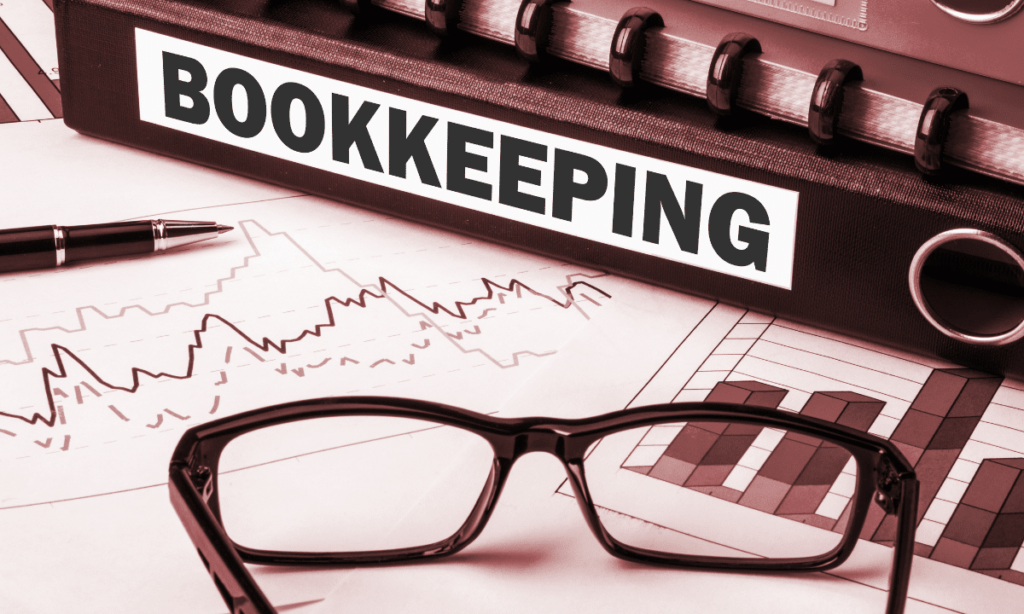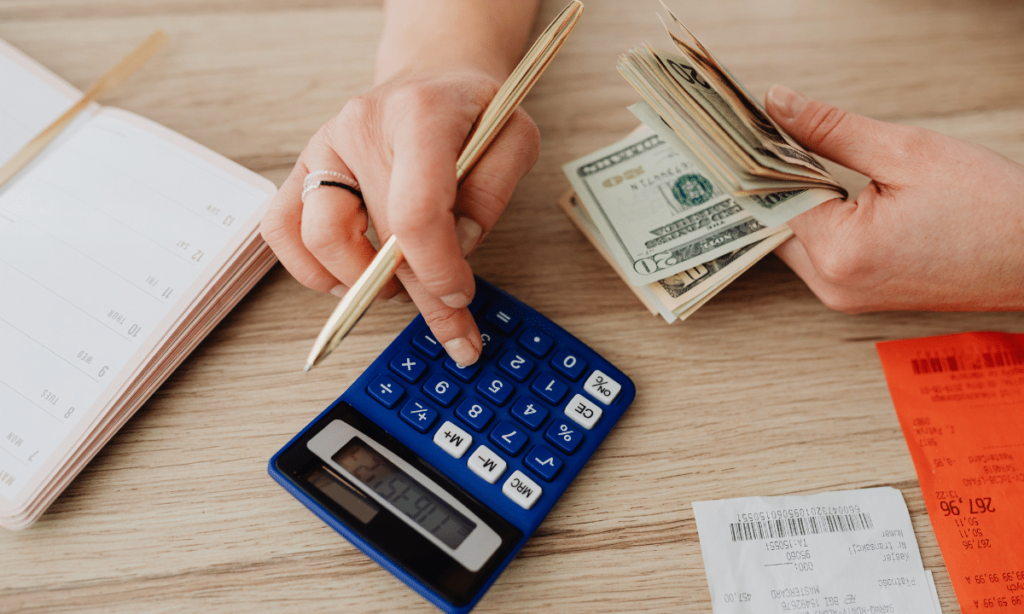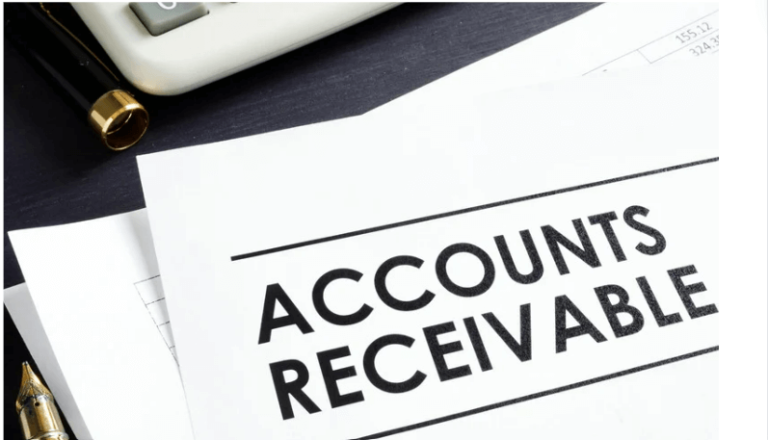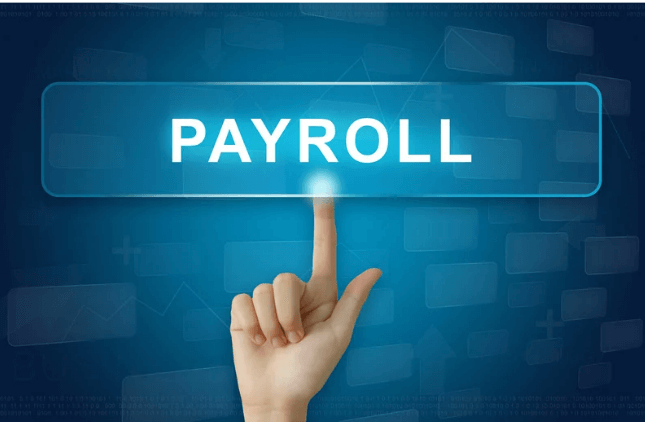Key Points:
1. Bookkeepers are essential for managing daily financial tasks, such as recording transactions, handling payroll, and monitoring bank accounts.
2. Their work ensures that financial records are accurate and up-to-date, which is critical for creating reliable financial statements.
3. Bookkeepers also play a role in maintaining compliance with accounting and tax rules, preparing trial balances, and handling accounts receivable and payable.
4. They provide businesses with well-organized financial data, reducing errors and helping businesses stay financially healthy.
.
Bookkeepers play a crucial role in maintaining the financial health of enterprises within the field of financial management.
These competent individuals manage the fundamental aspects of financial records, ensuring the accuracy and organization of data.
This article will explore the 10 functions of a bookkeeper and raise a spotlight on their invaluable contributions to businesses of all sizes.
who is a Bookkeeper?basic function of a bookkeeper
A bookkeeper is a person who is responsible for keeping track of accounts and recording all business transactions such as purchases, sales, expenses etc. Bookkeepers enter all transactions into the general ledger, which is then used to prepare balance sheets, income statements and related financial statements.

10 functions of a Bookkeeper
1-Recording of Financial transactions
One of the most important functions of a bookkeeper is the recording of financial transactions into the general ledger, which will then be used to prepare financial statements such as balance sheets and income statements. The bookkeeper records transactions based on source documents such as bills, memos and vouchers.
2-Managing of Bank Accounts
The bookkeeper is also required to check all the business bank accounts daily to record all transactions related to the business in the books of accounts. The bookkeeper must remember not to record personal or non-business transactions in the ledger.
3-Payroll Management
Payroll management records all transactions relating to an employee’s salary, such as payment of wages, bonuses, basic salary, remuneration and incentives to employees.
4-Keeping record of all source documents
Transactions are recorded based on source documents such as bills, invoices and memos, so all these documents must be kept safely as evidence of recorded transactions.
5-Recording transactions as per correct accounting and taxation rules
Bookkeepers must be well-versed in accounting and taxation rules to record transactions correctly. When transactions are recorded correctly in the ledger, only the books of accounts balance sheet and income statement are correct.
6-Preparation of Trial balance
The bookkeeper must also prepare Trial balance to assist accountants in auditing and verifying financial statements.
7-Inventory information
In some organizations,s bookkeepers are also required to manage inventory and maintain adequate records relating to inventory. If some department is short of stock, then the bookkeeper places an order with the vendor.
8-Maintaining Adequate security
Bookkeepers also need to maintain adequate security relating to financial records. They should never disclose passwords to unauthorized persons, update antivirus regularly and keep a backup of important data.
9-categorization Transactions correctly
Bookkeepers must categorize transactions correctly into sales, purchases, expenses and revenue to ensure correct accounting records.
10-Handle Accounts receivable and payable
In some organizations,s bookkeepers keep track of accounts receivable and payable. How much amount is to receive from customers or how much to pay to the supplier?
What qualifications are needed to become a Bookkeeper?

-Bachelor’s degree in accounting, finance or a related discipline
-Experience in Bookkeeping
Skills needed to become a Bookkeeper
-Accounting and Taxation Knowledge
-Knowledge of accounting software
-Knowledge of Microsoft Office
-Confidentiality
-Understanding of Accounting principles
-Good Communication skills
Why Bookkeepers are needed?
-Reduction in financial and accounting errors
-For Maintaining Accurate Financial Records
-Timely payment and collection
Average Salary of Bookkeepers

According to the US Bureau of Labor Statistics (BLS), the median salary for bookkeepers in the US is $54,560 per year as of 2022.
FAQ’s
1-Is there any difference between an accountant and a bookkeeper?
Yes, a bookkeeper is responsible for day-to-day transactions, such as recording transactions in the ledger, while an accountant is responsible for preparing and auditing financial statements.
2-Can a bookkeeper file tax returns?
Yes, a bookkeeper can also help in filing tax returns. In small businesses, sometimes, the bookkeeper files tax returns. They also help the tax preparer file the return by providing adequate information.
3-How to find a good Bookkeeper?
-Ensure they have relevant knowledge and experience
-Verify references from a past employer
4-How to become a Bookkeeper?
-Complete a bookkeeping course leading to a certificate of completion of level 4 or higher
-Get adequate work experience
-Become BAS agent
5-Is a degree needed to become a Bookkeeper?
No, you do not need a degree to practice as a bookkeeper, but having a degree will be helpful in bookkeeping. Having adequate experience is sufficient.
Also read:




